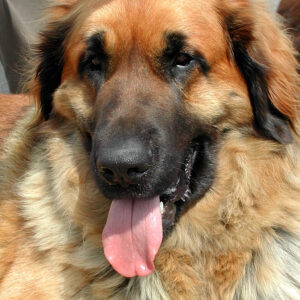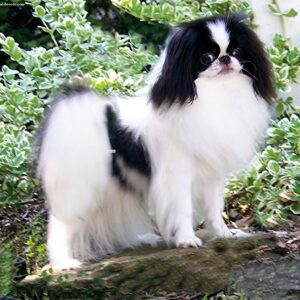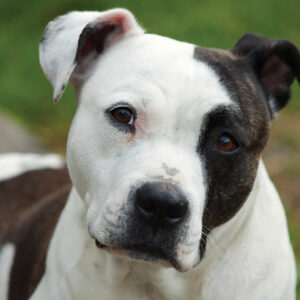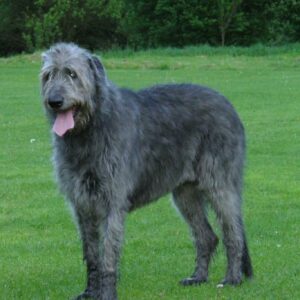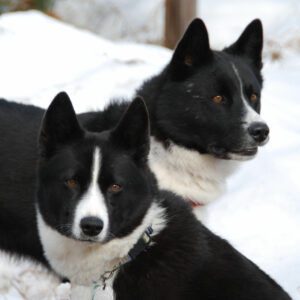Hello there, fellow dog lovers! Today we’ll be discussing one of the most gorgeous breeds of dogs out there – the Pointer.
History
The Pointer has a long and illustrious history, dating back to the seventeenth century. They were specifically bred to assist hunters in picking up on the scents of game birds and then pointing them out with their noses. The first records of Pointers were kept in the late sixteen hundreds, and many experts believe that they originated in Spain.
In the eighteen hundreds, Pointer breeding took off with enthusiasm, and the breed was consistently refined and improved upon. They were imported to England in droves – in fact, the current English Pointer breed is the descendent of its former Spanish counterpart. Pointers were brought to the United States in the nineteenth century, where they quickly became a beloved breed among hunters and families alike.

These days, Pointers are still used for hunting. However, they’re also quite popular as family pets, particularly in the United States. Their sweet nature and obvious intelligence make them the perfect addition to any household.
Location of Origins
As we mentioned, Pointers originated in Spain. However, their current variation – the English Pointer – began in the United Kingdom. While it’s difficult to pinpoint an exact location of origin, it’s known that the Pointer was first developed in the seventeenth century thanks to a few dedicated breeders.
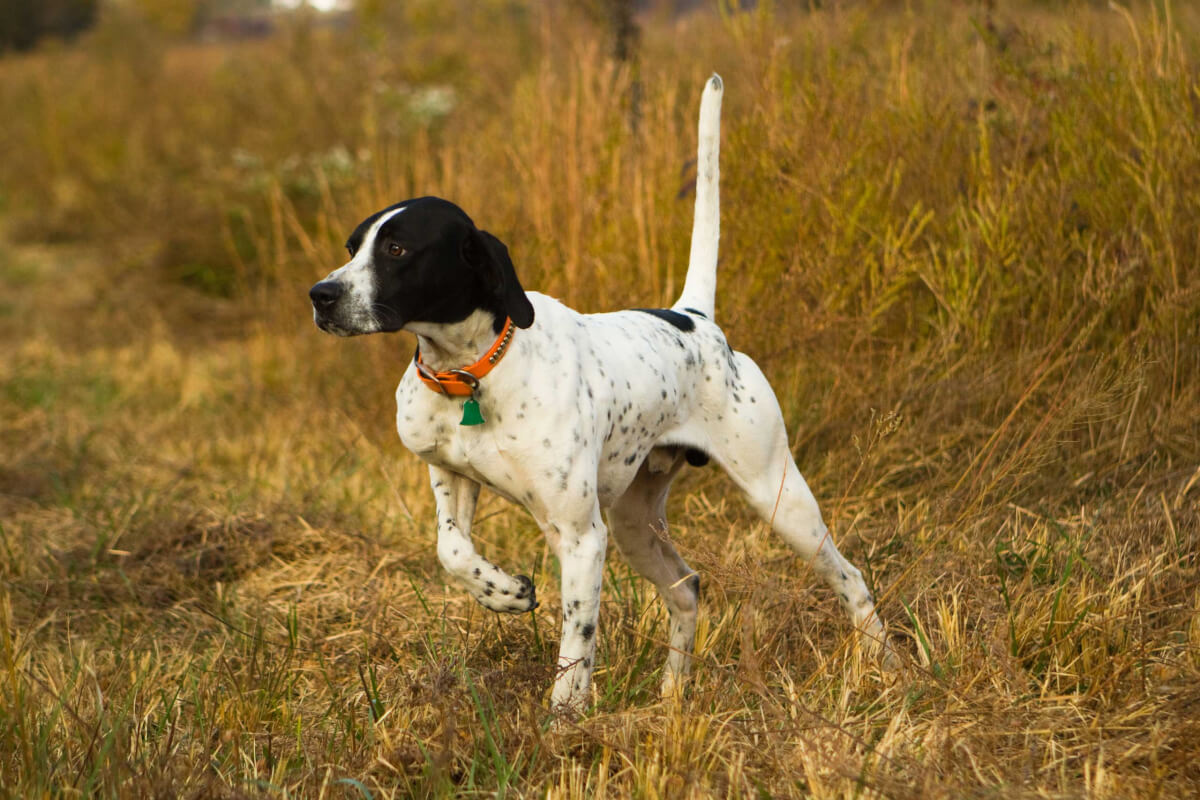
Today, Pointers can be found all over the world. They’re particularly popular in the United States, where they’re treasured for their good looks and friendly natures.
Characteristics
Pointers are medium to large breeds of dog with a lean, athletic build. They’re muscular and strong, with a broad chest and long legs. They’re also quite tall – adult Pointers can reach up to thirty inches in height. They’re known for their striking beauty and their skill in pointing out prey. However, they’re also known for their gentle and affectionate personalities.
Pointers have smooth, shiny coats that come in a variety of colors. Their fur is low maintenance – they only need occasional grooming to keep it in good condition. They have large, expressive eyes and floppy ears. They’re a truly gorgeous breed that’s as fun to look at as it is to be around.

Pointers are also incredibly intelligent. They’re easy to train and they respond well to positive reinforcement. They’re loyal dogs who form strong bonds with their humans, and they’re always eager to please. Pointers are great with kids and they usually get along well with other dogs. All in all, they’re one of the best breeds out there for families looking for a good companion.
Choosing the Best Foods
When it comes to feeding your Pointer, it’s important to choose a high-quality dog food that meets their needs. Pointers are very active and they need plenty of protein and healthy fats to keep their muscles strong and their energy levels high. Look for dog foods that are made with high-quality meats and are free from fillers and artificial preservatives.
You may also opt to feed your Pointer a raw food diet. This can be an excellent choice for dogs that are prone to digestive issues or allergies. However, it’s important to ensure that you’re feeding your dog a balanced diet that includes all the nutrients they need to thrive.
/GettyImages-941329520-4d4983d95d994c7d8c9d6e02db25bffa.jpg)
Finally, be sure to talk to your vet about the best diet for your Pointer. They’ll be able to take into account your dog’s unique needs and make recommendations accordingly.
Training
As we mentioned earlier, Pointers are intelligent and eager to please. This makes them excellent candidates for training. They’re a relatively easy breed to train, and they respond well to positive reinforcement. You’ll want to begin training your Pointer as early as possible – ideally, as soon as you bring them home for the first time.
Positive reinforcement training operates on the principle of rewarding good behavior while ignoring bad behavior. When your dog sits on command, for example, they’ll receive a treat. However, if they start jumping up on people, you’ll simply turn away from them and ignore them until they calm down. This method teaches dogs what’s expected of them without relying on harsh punishments or negative reinforcement.
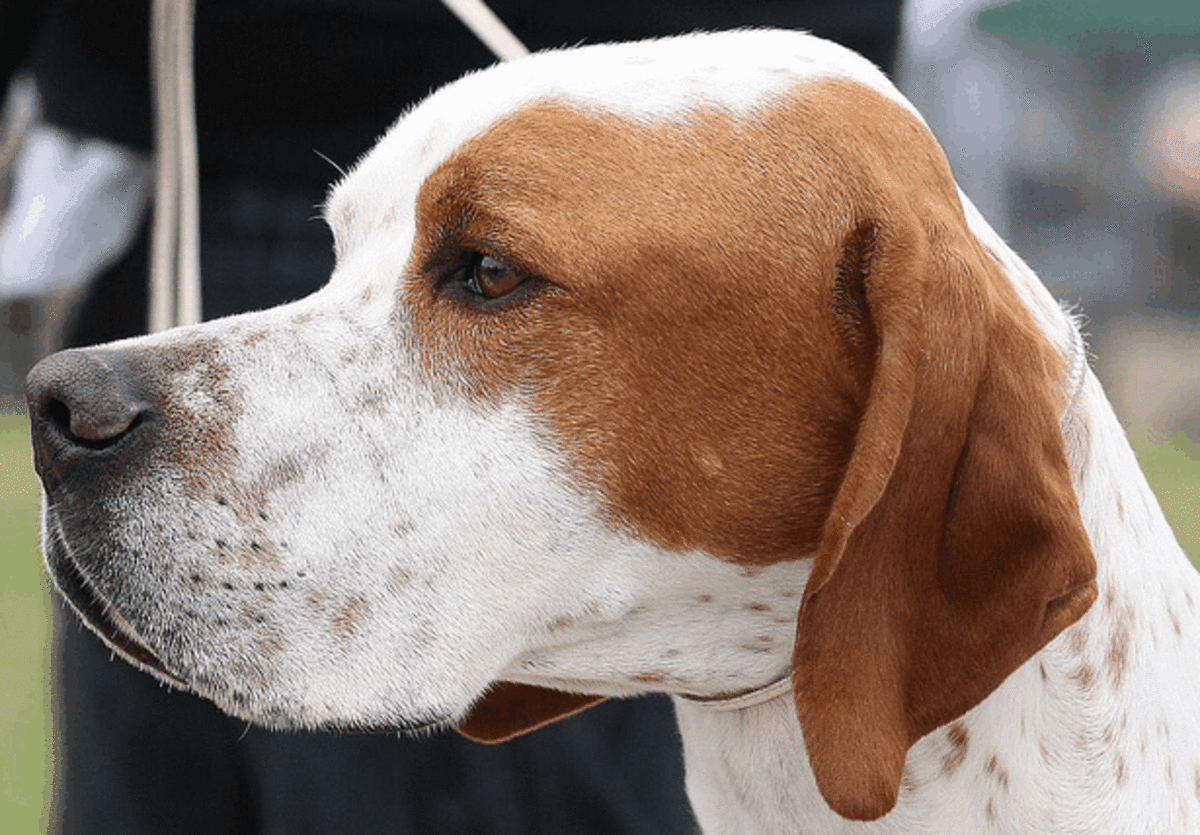
When training your Pointer, you’ll want to be consistent and patient. Avoiding negative reinforcement is key – if you yell at your dog or punish them for bad behavior, you’ll only confuse them and make the training process harder. Instead, stick to positive reinforcement and reward your dog for good behavior every chance you get.
Taking Care of Your Pointer
Of course, choosing the right food and training your dog is only a fraction of the care that Pointers require. You’ll also need to make sure that your dog is receiving enough exercise and socialization.
Pointers are highly active dogs who need plenty of exercise to stay healthy and happy. They do best in households that have large yards or that live near dog parks. You’ll want to take your dog on daily walks or runs to ensure that they’re getting enough exercise.
Finally, be sure to give your Pointer plenty of social interaction. They’re a breed that thrives on human companionship, and they need plenty of attention from their humans. You’ll want to make time for playing and snuggling with your dog every day
FAQs
How much exercise does a Pointer need?
Pointers are highly active dogs that need plenty of exercise to stay healthy and happy. Ideally, you should aim to give your dog at least sixty minutes of exercise every day. This can come in the form of walks, runs, or play sessions with other dogs.
Do Pointers get along with other dogs?
In general, yes. Pointers are great with other dogs and they usually get along well with dogs of all sizes and breeds. However, it’s always a good idea to supervise your dog during play sessions to prevent any mishaps.
Do Pointers make good family pets?
Absolutely! Pointers are known for their gentle and affectionate personalities, and they’re excellent family pets. They’re great with kids and they’re highly loyal to their humans.
Conclusion
And there you have it – everything you need to know about the incredible Pointer breed. Whether you’re looking for a hunting companion or a family pet, these dogs are a fantastic choice. Their good looks, friendly personalities, and high intelligence make them one of the most sought-after breeds out there. So why not consider adding a Pointer to your family today?

